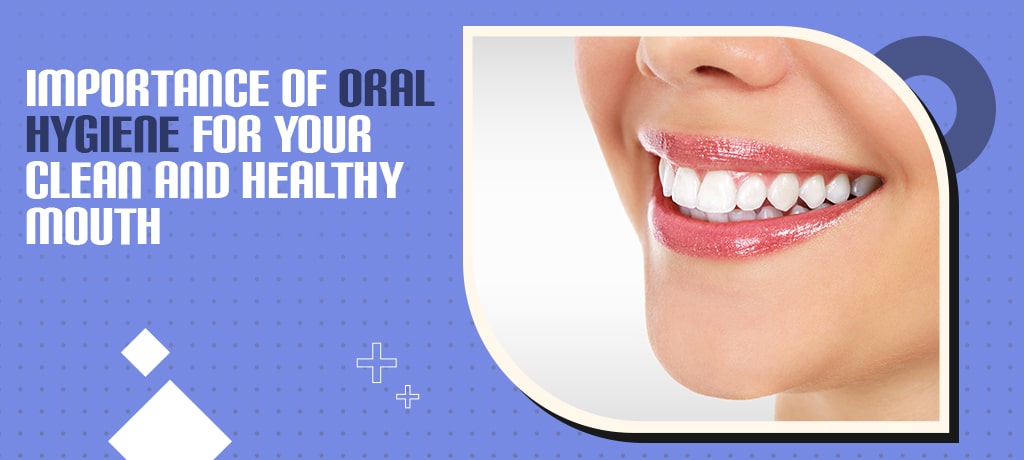 20 Old Brompton Road, South Kensington, London, SW7 3DL
20 Old Brompton Road, South Kensington, London, SW7 3DLWe Are Now Open On Saturdays
We Are Now Open On Saturdays
- Book My Appointment
- 020 31375055
We Are Now Open On Saturdays
We Are Now Open On Saturdays
Located at 20 Old Brompton Road – Just Steps from ![]() South Kensington Tube. Easy Access, Always.
South Kensington Tube. Easy Access, Always.

Oral hygiene is about keeping your mouth clean and free from any disease. It involves brushing at least twice a day, flossing daily and seeing a good dentist for dental X-rays, examinations, oral hygiene instruction and mouth cleanings. Preventative dentistry gives you the suitable chance for attaining your attractive smile and long-lasting oral health.
Oral hygiene is about preventative care which means you can prevent dental problems such as – gum disease, bad breath and tooth cavities before they begin. This is actually possible when you take proper care of your teeth and gums.
Oral health is also linked to your overall health condition. For example, if there is an infection in your mouth, then the bloodstream will carry bacteria to other body parts. This can be related to other health concerns like stroke and heart disease. Make sure you keep your teeth and gums strong and healthy for your improved health condition.
According to research, gingivitis and periodontitis can be linked to certain health conditions such as:
On the other hand, there are certain health conditions that leave a negative impact on your teeth and gums. These are:
Common signs of poor dental hygiene are the following:
It is important to maintain good oral hygiene habits so that you can protect your teeth and gums and keep your smile beautiful. Some oral hygiene instructions to follow are:
Consult with your dentist about customised oral health routine to fulfil your exact requirements.
If it has already been more than six months since the last dental cleaning, then you should fix an appointment with your dentist right away. He will examine your teeth and gums and give necessary recommendations to meet your requirement.
When you develop warning signs such as – bleeding gums, tooth pain, bad breath or loose teeth, then it is important to schedule a consultation session with the dentist. Proper treatment can help to eliminate the problem of harmful bacteria and plaque. By overcoming your oral health concerns, you can actually improve your overall health.
Proper oral hygiene is the key to your optimal health. Brushing, flossing and routine dental checkups will keep your teeth and gums in good condition. Regular dental visits help the dentist to detect and treat your problems early, before they may become worse. You can also visit dental hygienist to get effective tips on oral hygiene habits and know more about oral health products.